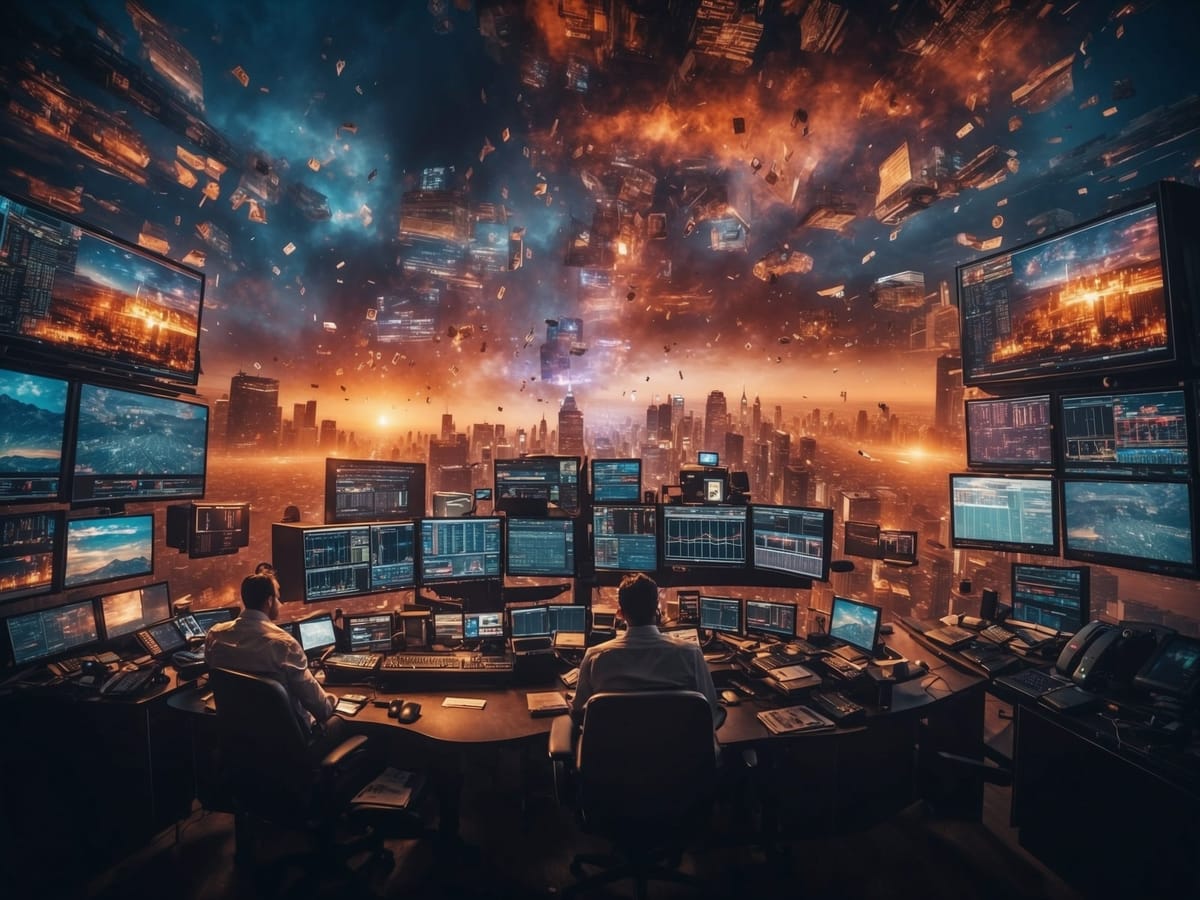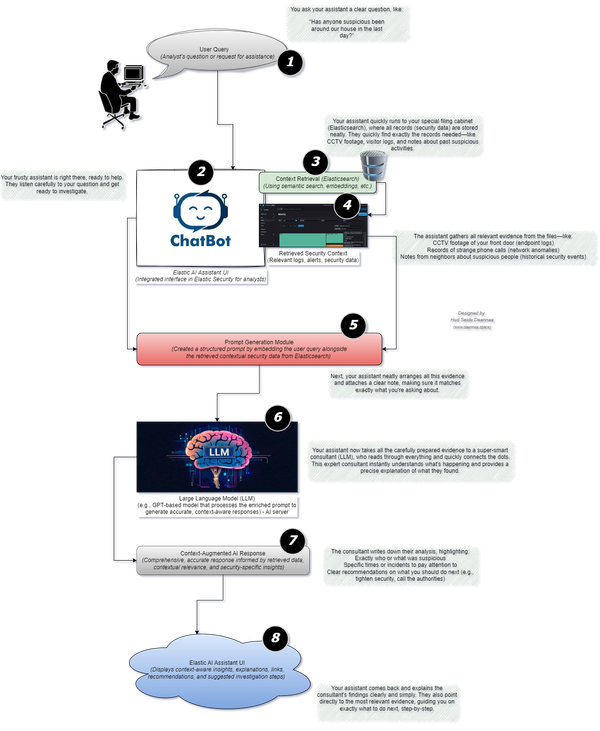The Future of Reality: Virtual Immortality and the Rise of AI
In the near future, with advances in VR and AI, we might spend as much time in virtual reality as we do on screens today. This could allow us to recreate the deceased, blurring the lines between virtual and real life, raising deep ethical and existential questions.

Introduction
Technology is progressing at a swift pace, and this could fundamentally alter our perception of reality. At present, we spend a considerable amount of time daily interacting with screens for work, communication, or entertainment. But what if, in the near future, we start dedicating similar amounts of time to virtual reality (VR), especially with the growing influence of AI and deep fakes? This possibility might be closer than we think.
The Rise of Virtual Reality
Virtual reality has made significant strides over the past few years. No longer a niche hobby or a tool limited to gaming, VR is becoming an integral part of various sectors, from education to healthcare. As the technology becomes more immersive and accessible, it could easily integrate into our daily lives in ways we can hardly imagine today. Imagine spending a good portion of your day not just in front of a screen, but fully immersed in a virtual world that feels as real as our own .
AI and Deep Fakes: The New Frontier
The rapid advancements in artificial intelligence, particularly in the realm of deep fakes, add another layer to this evolving narrative. Deep fakes have already shown us that it's possible to create hyper-realistic digital replicas of people, whether living or deceased. In China, the technology has matured significantly, allowing for the creation of interactive avatars of the dead, raising ethical concerns about grief and memory processing .
Virtual Immortality
Imagine being able to interact with a loved one who has passed away, reliving memories, and creating new ones in a meticulously crafted virtual environment. With AI-driven deep fakes, this scenario could become a reality. These virtual avatars could learn, evolve, and even adapt to new situations, making the experience eerily lifelike. This possibility challenges our traditional concepts of life, death, and reality itself. Some experts argue that while a digital replica can’t gain new subjective experiences, it could fulfill the emotional needs associated with valued social relationships .
The Allure of Virtual Reality Over Actual Reality
If such experiences become possible, it's not hard to imagine a world where people might choose to spend more time in virtual reality than in actual reality. The allure of reliving cherished moments or creating entirely new experiences with people who are no longer physically present could be overwhelming. This raises important questions: What happens to our relationship with the real world? Will we start to prefer virtual reality, where everything is under our control, over the unpredictability of real life?
Analysis
The evolution of technology is both fascinating and, at times, unsettling. As we stand on the brink of what could be a new era in human experience, it's essential to consider the implications of these advancements. Virtual reality and AI-driven deep fakes offer incredible opportunities, but they also pose significant ethical and existential questions. How we choose to navigate this new reality will define the future of human experience, blending the boundaries between what is real and what is possible.
References
-
The Rise of Deepfakes: From Virtual Reality to Misinformation. (2024). AlixPartners. Retrieved from AlixPartners
-
The Rise of Deepfakes: When Digital Reality Becomes Fake. (2024). The Digital Speaker. Retrieved from The Digital Speaker
-
Deepfake. (n.d.). Wikipedia. Retrieved from Wikipedia
-
What's next in AI: Can we become virtually immortal? Do we want to? (2024, July 15). Tech Xplore. Retrieved from Tech Xplore
-
Deepfakes and the Future of Reality. (2023). Harvard Business Review. Retrieved from Harvard Business Review
-
The Ethics of Deepfakes: Implications for Society. (2023). Stanford Encyclopedia of Philosophy. Retrieved from Stanford Encyclopedia
-
Deepfakes: The Good, The Bad, and The Ugly. (2023). The Atlantic. Retrieved from The Atlantic
-
The Impact of Deepfake Technology on Society. (2024). Pew Research Center. Retrieved from Pew Research Center





